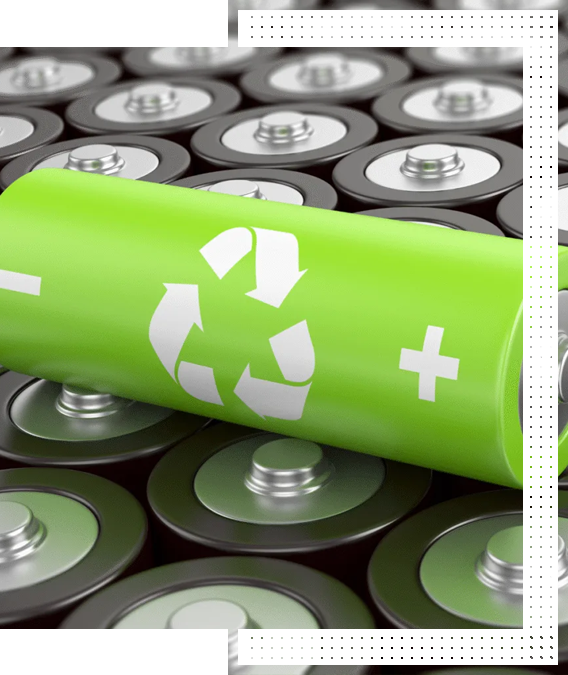The Battery Waste Management Rules, 2022, amended in 2025, mandate EPR obligations for all battery stakeholders, including producers, recyclers, and refurbishers, across portable, automotive, industrial, and EV categories. Registration is required via the CPCB’s centralised EPR portal.
Bulk consumers are not required to register, but must ensure disposal only through registered entities. As of 2026-27, producers must meet 90% material recovery targets to support India’s circular economy goals.
Who Needs EPR Registration?
- Producers / Importers: Register via Form 1A with an EPR plan.
- Recyclers: Register via Form 2, must demonstrate ≥ 90% recovery.
- Refurbishers: Register via Form 3, with testing facilities details.
- Collection Points: ULB registration only (Rule 5(4)).
Batteries under 10 grams are exempt from physical labelling if they meet weight thresholds under Legal Metrology rules.


